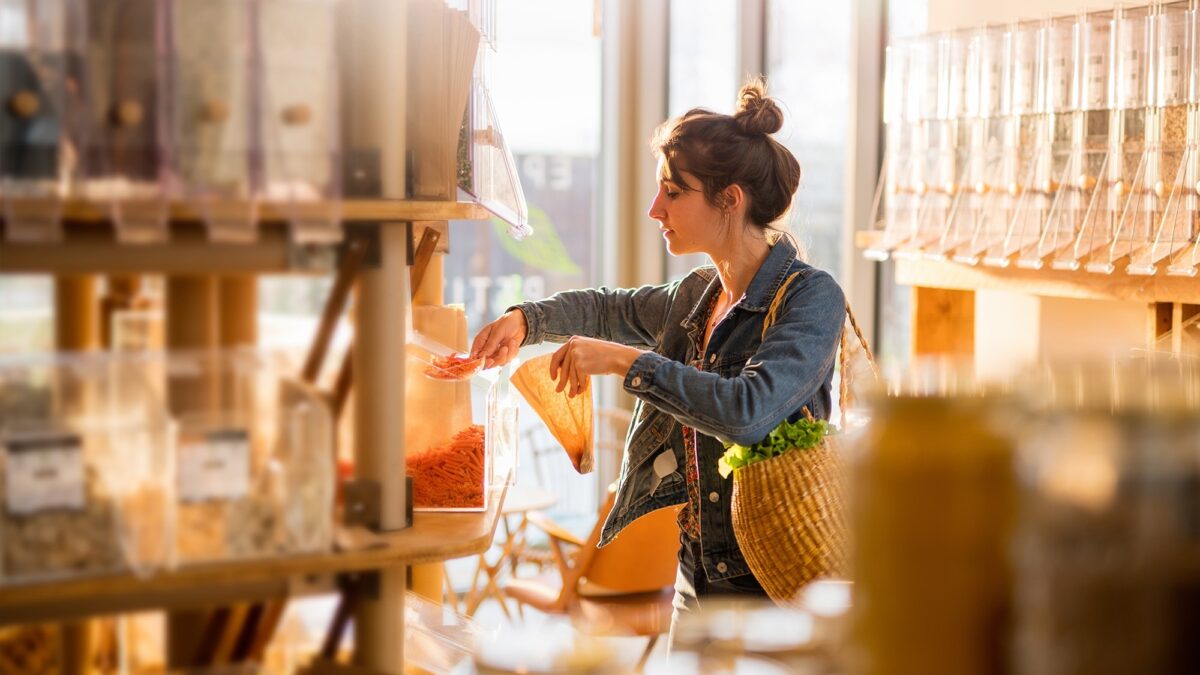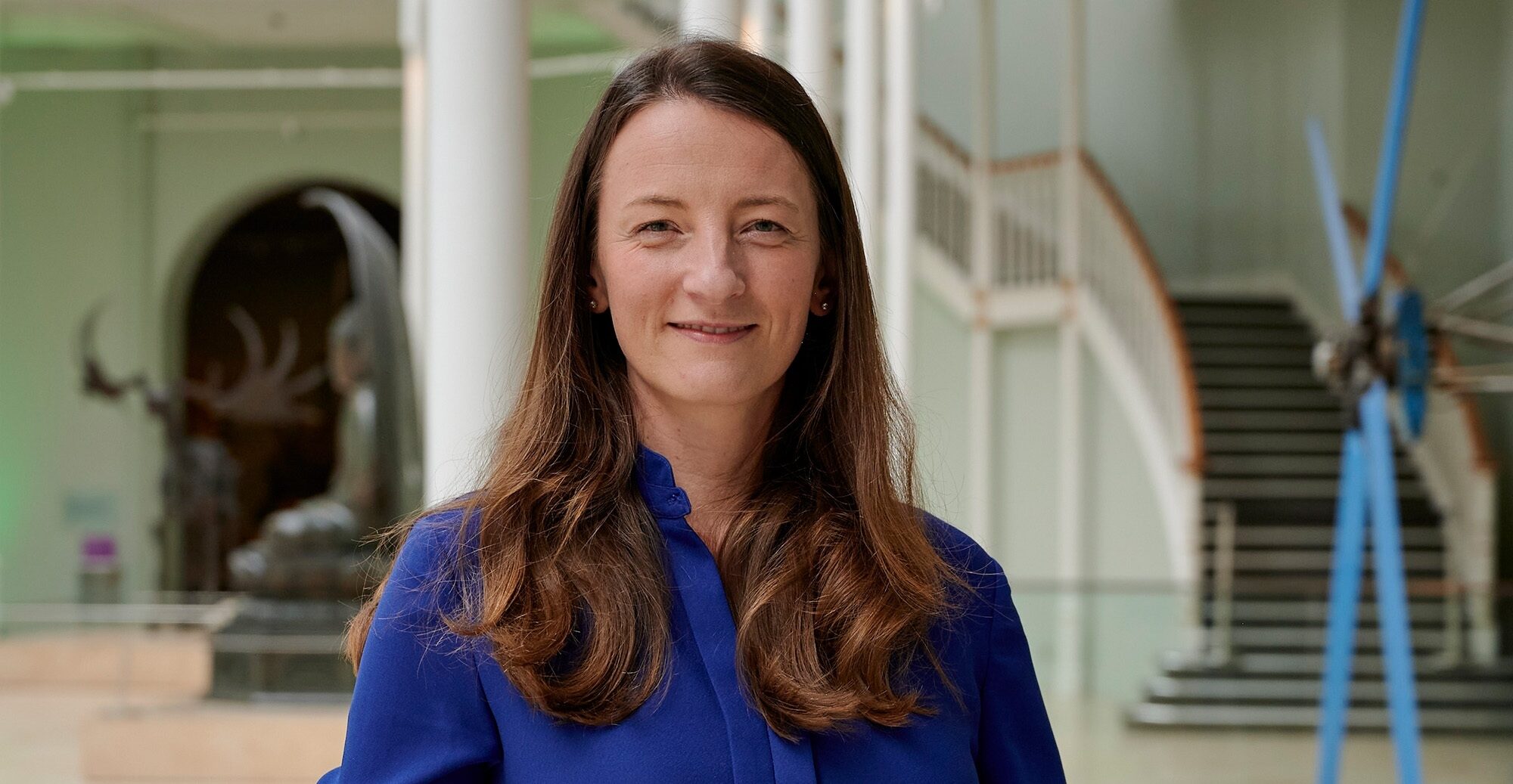
The circular economy is a positive framework for addressing economic, environmental, and social challenges - particularly in the context of so much turmoil and uncertainty around the world at the current time. Among other things, the Covid-19 pandemic and on-going conflict in Ukraine serve to highlight the interconnectedness of global events with the health and resilience of our economy, of nature and of humankind.
Aside from the risks that can be offset, the circular economy presents commercial opportunities across all industry sectors and value chains. The World Economic Forum projects that transitioning to a circular economy could unlock $4.5 trillion of growth globally within the current decade. Closer to home, The Green Alliance estimates that the UK could benefit from hundreds of thousands of new jobs by investing in remanufacturing and repair industries as part of this transition.
The level of investment flowing into the circular economy has grown in recent years, which is a sign that the business community starting to recognise its potential. Meanwhile, entrepreneurs are increasingly seizing opportunities for innovation in this space – as demonstrated by the fast growing number of circular start-ups that feature on the Ellen MacArthur Foundation’s Circular Start Up Index and the fantastic examples of student and staff start-ups driving positive impact on global challenges here at the University of Edinburgh.
We still have a long way to go, however, despite the potential benefits and opportunities of a circular economy being evident. Zero Waste Scotland and Circle Economy released the first ever Circularity Gap Report for Scotland in December, which states that 98% of materials consumed in Scotland come from virgin resources and only 1.3% are cycled back into the economy.
The release of this report came as delegates at the UN Biodiversity Conference (COP15) wrestled to achieve political consensus on a framework to protect global biodiversity upon which we all depend. Happily, an agreement was reached but it remains to be seen whether this statement of intent will translate into meaningful action.

Image: Charlotte Lee-Woolf, Business Development Manager
We need to move further and faster, on issues such as climate change, biodiversity loss and resource depletion, but we won’t be able to achieve system change without effective leadership, appropriate regulatory and fiscal incentives, and by everyone acting within their own sphere of influence.
We also need to redefine relationships, roles, and responsibilities across systems of production and consumption to achieve such change. Manufacturers and retailers will need to develop deeper, longer-term relationships with their customers and, alongside this, we as consumers will need to reshape our relationships with ‘stuff’ and to place more social value on waste as a resource.
It was great to hear Dr Lachlan Urquhart and Dr Susan Lechelt talk at the recent CIWM Festival of Circular Economy, about the EPSRC funded research they are doing to tackle problems associated with planned obsolescence and barriers to repair for Internet of Things (IoT) devices. They explained how their research – which brings together perspectives from the fields of computing, law and design – is exploring solutions to enable responsible stewardship of these complex devises.
Lachlan and Susan’s work is a great illustration of how cross-disciplinary, social science research will help us to redefine relationships between different actors in value chains - from regulators, to designers, manufacturers, citizens, and communities – as we all work to understand our respective roles and responsibilities in resetting the economy on a more sustainable footing and in capturing the full range of benefits a circular economy has to offer people and the planet.
Header Image Credit: Adobe Stock Jack Frog